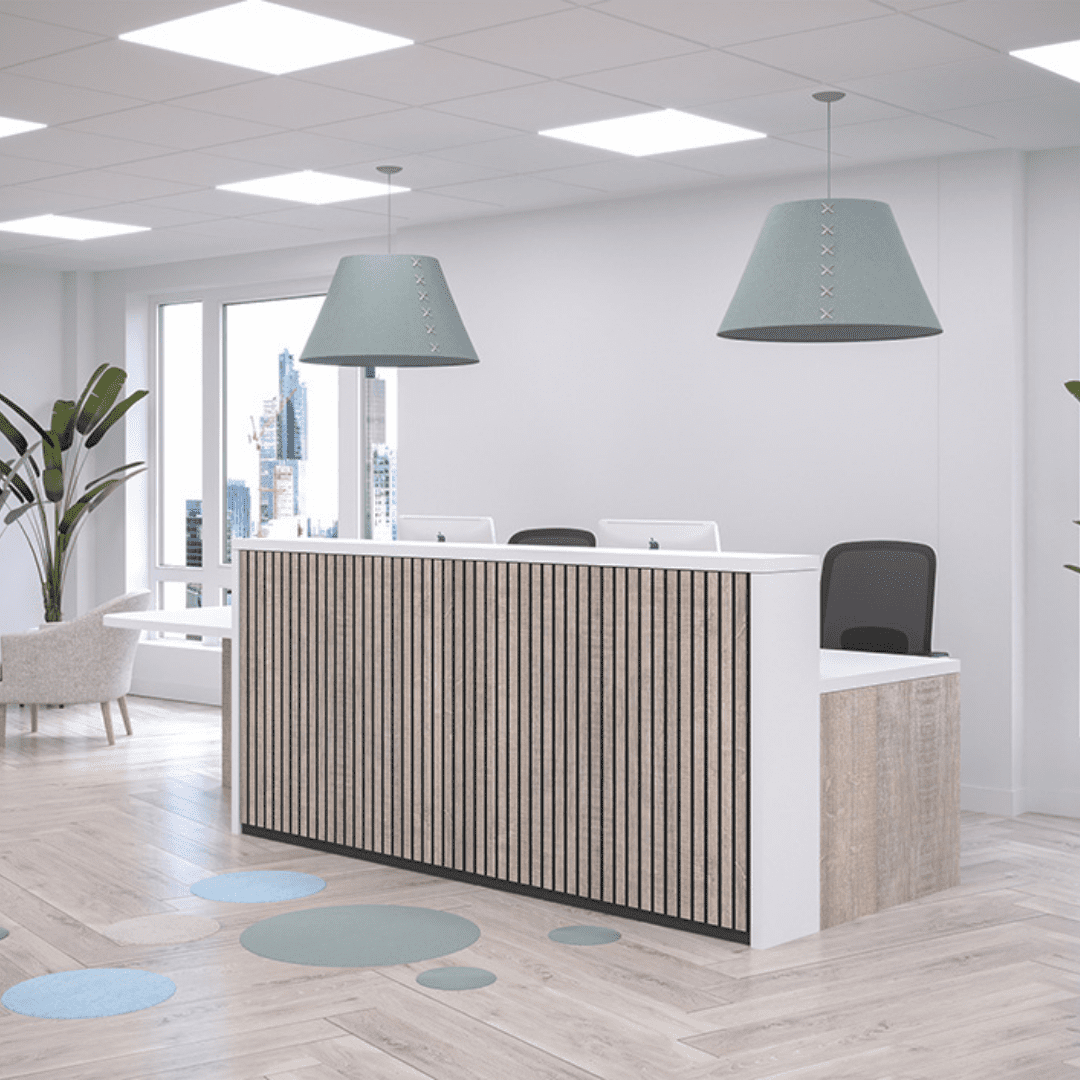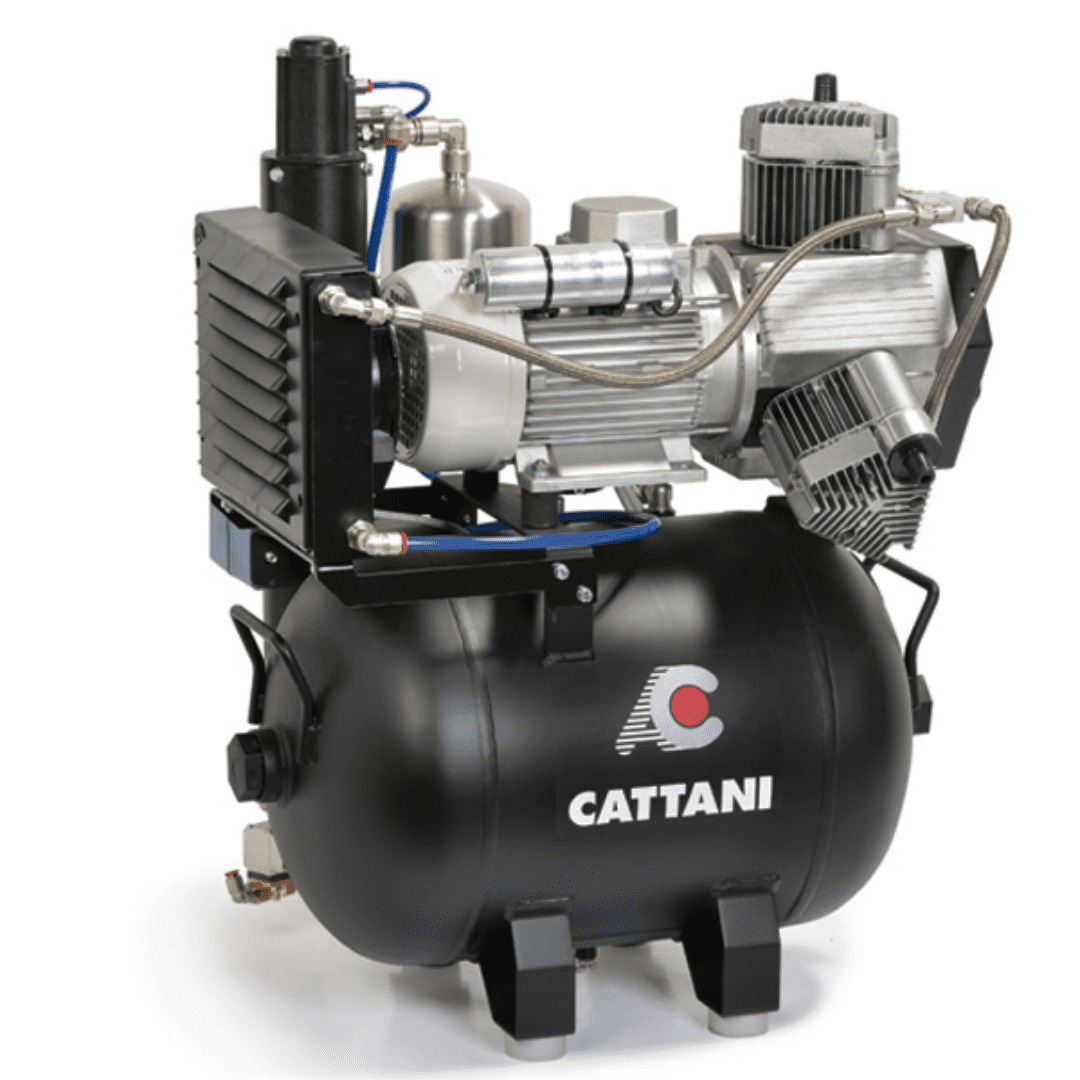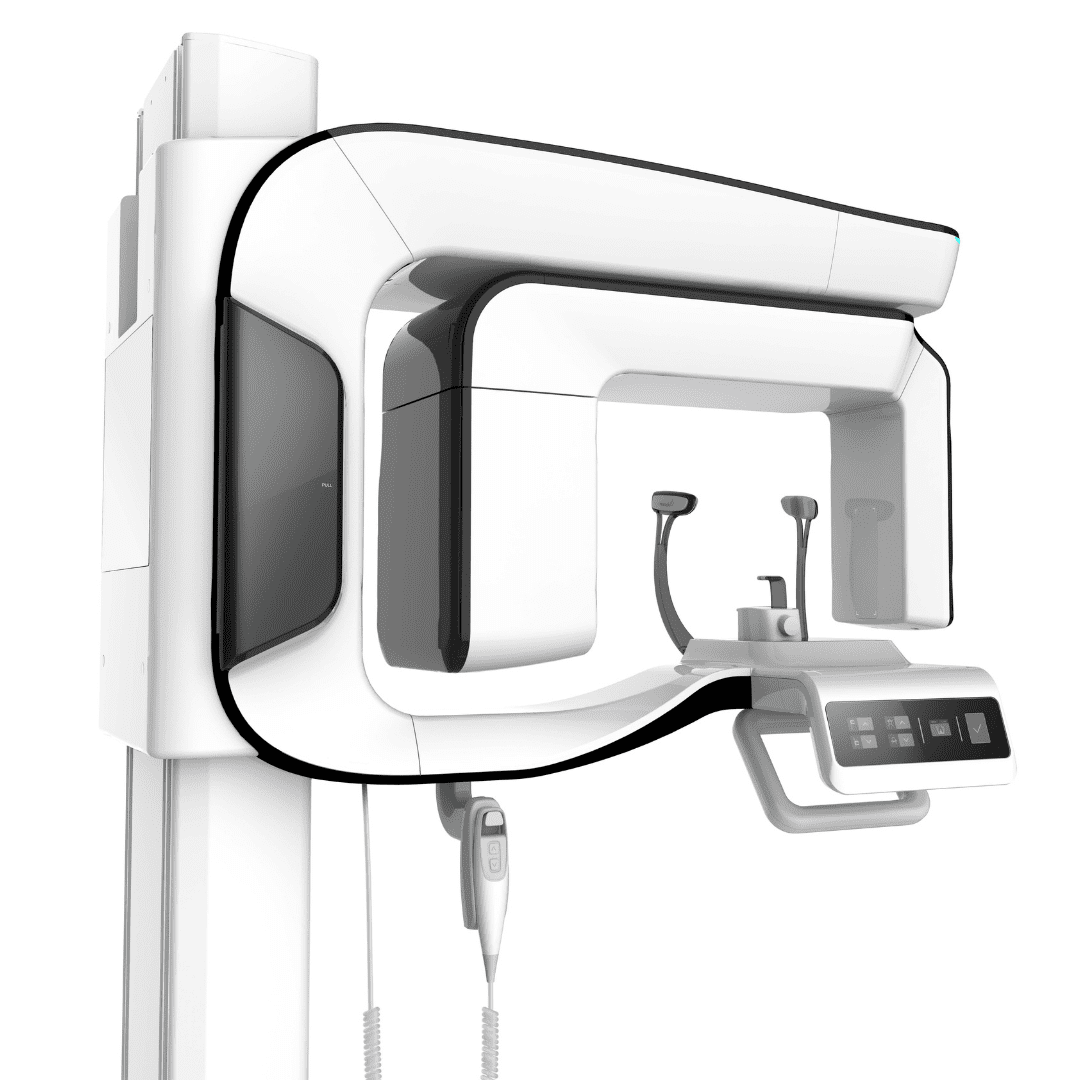Your Chance to Join a Superior Team of Dental Engineers
Dentists require access to quality technical services from experienced dental engineers to ensure that patients always receive the best dental treatment possible. The dentist’s surgery has undergone a technological revolution that began gaining serious momentum in the ‘50s with the introduction of the first compressed air-operated handpiece, providing drilling speeds of up to 200,000 rpm. Like the sophisticated dental chairs of the twentieth century with their built-in computer controls and memory functions, these high-speed drills and the many other technologically advanced devices in a typical modern dental surgery require specialised personnel to maintain and repair equipment.
What Types of Equipment Must Dental Engineers Maintain and Repair?
In addition to the longstanding basics like dental chairs and drills, the modern dentist routinely calls upon many items that have only become available since the advent of the digital age or whose performance has been markedly enhanced by other technological advances. Here are a few common examples of equipment developed and maintained by dental engineers.
- Intraoral X-Ray Units: These compact units operate inside the mouth, using low levels of radiation to capture radiographs of the teeth and gums, replacing the older extra-oral units.
- Ultrasonic Scalers, Polishers and Prophylaxis Systems: These instruments utilise the vibrations caused by ultrasound waves to dislodge plaque and tartar from teeth, replacing the manual technique. By contrast, the prophylaxis units use controlled airflow with powder and fluoride to remove biofilm and provide ongoing protection.
- Intraoral Scanners: These compact units capture 3D images of teeth and gums, replacing the bulky horseshoe-shaped trays previously used to obtain impressions. The images may be used by CAD/CAM software to operate a milling machine to produce crowns at the chairside.
The Job Requirements for Dental Engineers
While some form of qualification, such as a degree or diploma in engineering, is preferable, it may not be essential for those with practical experience in a related field, such as electronics or mechanics. Even those with general practical skills who enjoy fixing things and have suitable GCSE passes in Maths and English might be accepted by a company that undertakes to provide training. However, personal skills can be equally as necessary for dental engineers as technical skills. The following list is intended only as a guideline for job applicants:
- Able to work under pressure: The equipment you work on can be essential to a dentist’s livelihood, so there will often be pressure to meet tight deadlines. You may also be required to operate in busy, noisy environments amid constant distractions.
- Good interpersonal skills: Good communication and an appreciation of the customer service role are essential to gain the client’s trust and respect.
- Problem-solving skills: Given the wide range of equipment you will be required to maintain or repair, you must be prepared for the unexpected. Sometimes, you might need to think more creatively to find an effective solution.
We are Hiring Dental Engineers
Hague Dental Services is recruiting junior and experienced dental engineers to meet the demand for its services in the Midlands, London and South East of England. We are committed to furthering equality, diversity, and inclusion where everyone is welcomed, appreciated and supported in realising their potential. Training will be provided to ensure the best possible service to our ever-growing client base. If you are interested in joining our highly respected and award-winning company, see our current vacancies on offer. Alternatively, contact us if you need assistance from one of our expert dental engineers.









